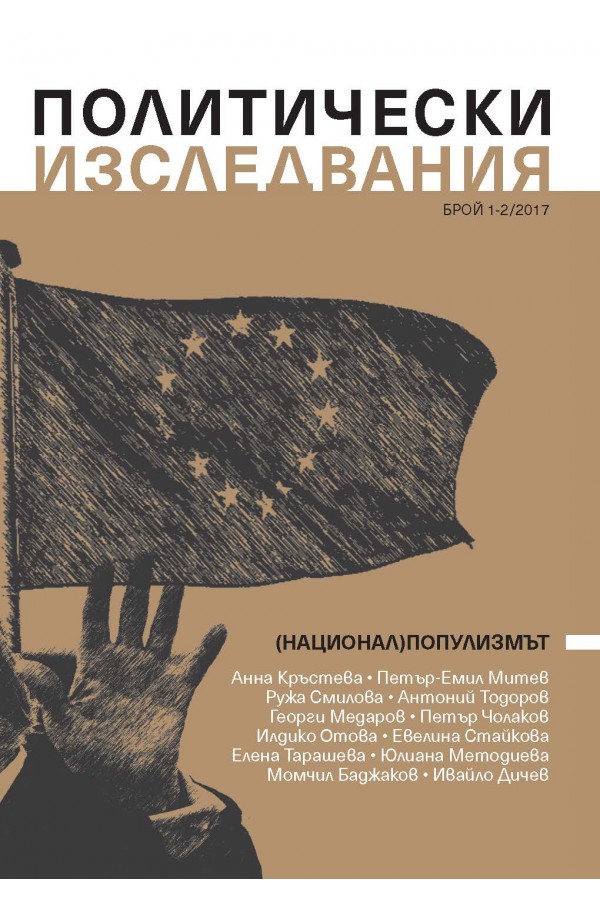Исторически контекст и политически залози на дискурсивната теория на популизма
Historical Context and Political Stakes of the Discursive Theory of Populism
Author(s): Georgi MedarovSubject(s): Politics / Political Sciences, Political Theory, Political Sciences
Published by: Българска асоциация за политически науки - БАПН
Keywords: discursive theory of populism; anti-populism; Ernesto Laclau; Essex school of discursive analysis
Summary/Abstract: The article traces the main elements, the historical context and the stakes of the discursive theory of populism of Ernesto Laclau, which was further developed by the Essex school of discourse analysis. Laclau’s approach is key, because he articulates a rigorous theory of populism, which is able to save the concept from its excessively pejorative and pre-theoretical (mis)uses that are prevalent today. The main argument is that the critique of anti-populism is amongst the strongest features of the discursive theory of populism. To achieve that, however, the theory risks becoming a general theory of political identification, which may lead to another over-inflation of the term „populism“. A way out of this deadlock is a reflexive turn, by looking into the historical transformations of the very term populism instead. In other words, the strong sides of the theory may be rescued by a refusal of the universal pretentions (to explain every political identification) and, instead, to hold within the researchers’ perspective the historical and contextual trajectories of the populist problem and the populist and anti-populist positions.
Journal: Политически изследвания
- Issue Year: 2017
- Issue No: 1-2
- Page Range: 56-74
- Page Count: 19
- Language: Bulgarian
- Content File-PDF

